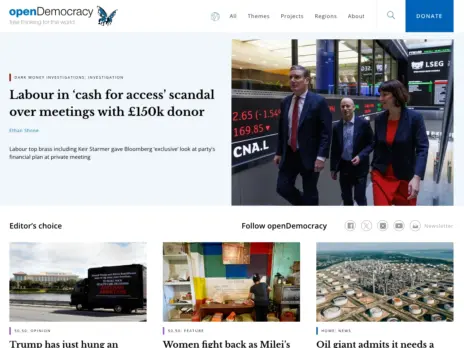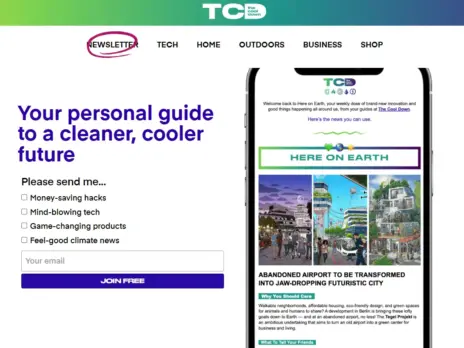
The Copyright Tribunal has upheld the right of the British newspaper industry to charge those who aggregate online content and then sell it on to third parties.
In the short-term it means that the British press can gather licensing fees which have been estimated at between £1m and £2m a year to those who aggregate online content and then sell it on to paying customers.
But it in the long term, it is the latest in a series of rulings which could pave the way for the press to collectively charge search engine giants such as Google for commercially exploiting their content.
This week's interim ruling is the latest turn in a long-running legal battle between the Newspaper Licensing Agency and media monitoring giant Meltwater (supported by the Public Relations Consultants Association).
While at heart it is a wrangle over the fee structure charged by national and regional newspapers to those who commercially exploit their online content – it is also about issues which go to the core of the debate over the future of news online.
The principle that aggregated online headlines, story summaries and links are copyright material has already been established by two earlier legal judgments in this legal battle – at the High Court in 2010 and the Appeal Court in 2011. Meltwater is set to take one aspect of the case to the Supreme Court in 2012.
The dispute dates back to the start of 2010 when the NLA first sought to impose fees on commercial news aggregators. It already collects around £20m a year for 1,300 UK newspapers from press cuttings agencies who send photocopies and digital copies of print coverage to paying clients.
The fees proposed by the NLA were £10,000 a year to the aggregator (ie. Meltwater) plus further smaller fees of 5p per story link sent to the their clients. These end-users can also opt to pay a fixed annual fee of around a few hundred pounds under the NLA licence.
The NLA estimates that the UK online media monitoring market is worth £10m a year in total and that it is dominated by Meltwater.
Meltwater opposed the licence plan on the grounds that it would make its business uneconomic. At the time the new regime was proposed it had 2,230 paying clients in the UK taking its aggregation service – who would all be subject to the new charges.
Meltwater and the PRCA together claimed today that the ruling had saved them millions because the tribunal reduced the original proposed charges – with Meltwater suggesting a saving of £100m for the online media monitoring industry as a whole over the next three years.
The NLA insisted that the £100m estimate was wildly wide of the mark. It said that in the light of this week's ruling it expected to collect between £1m and £2m a year from commercial online news aggregators between 2010 and 2014 – which it said was in line with its original business plan.
The Copyright Tribunal rejected Meltwater's contention that the fees should be 'purely nominal". But it did propose reductions to future tariffs from those originally proposed by the NLA, which include a ruling that fees for end-users should start at £150 from 2012, rather than £258 as proposed by the NLA.
NLA managing director David Pugh said: 'Meltwater is a £50m a year business based on scraping newspapers for content and charging for web monitoring. It's only reasonable that they should give the newspapers a share of that money."
Part of Meltwater's case is that its service is no different in principle from that offered by Google News. The Copyright Tribunal agreed with that in its ruling, appearing to uphold the principle that the UK newspaper industry could, if it wished, also levy a fee on Google for commercially exploiting its content.
The NLA has not been 'mandated'by the UK press to seek licensing fees from Google, however it can – and does – charge a fee to those who use Google searches to commercially aggregate and distribute headlines and weblinks.
Press Gazette understands that Google may well already have come to secret financial arrangements with UK publishers over the exploitation of their copyright material – which could help explain why the industry is reluctant to persue the web giant.
Newspaper publishers may also reason that the traffic Google drives to their websites is too important to jeopardise.
Meltwater chairman Jorg Lyseggen said: 'The ugly side of this ruling is that internet as we know it is under threat. Reading and sharing content in the UK is no longer a worry-free occupation. Reading and sharing content online is from now subject to potential licensing and royalty."
Meanwhile, global news agency giant Associated Press has filed a lawsuit against Meltwater in the US for copyright infringement and 'hot news'misappropriation.
It claims that by using 'unlicensed verbatim AP content", Meltwater delivers a service to paying customers that competes directly with AP and its customers.
Email pged@pressgazette.co.uk to point out mistakes, provide story tips or send in a letter for publication on our "Letters Page" blog






